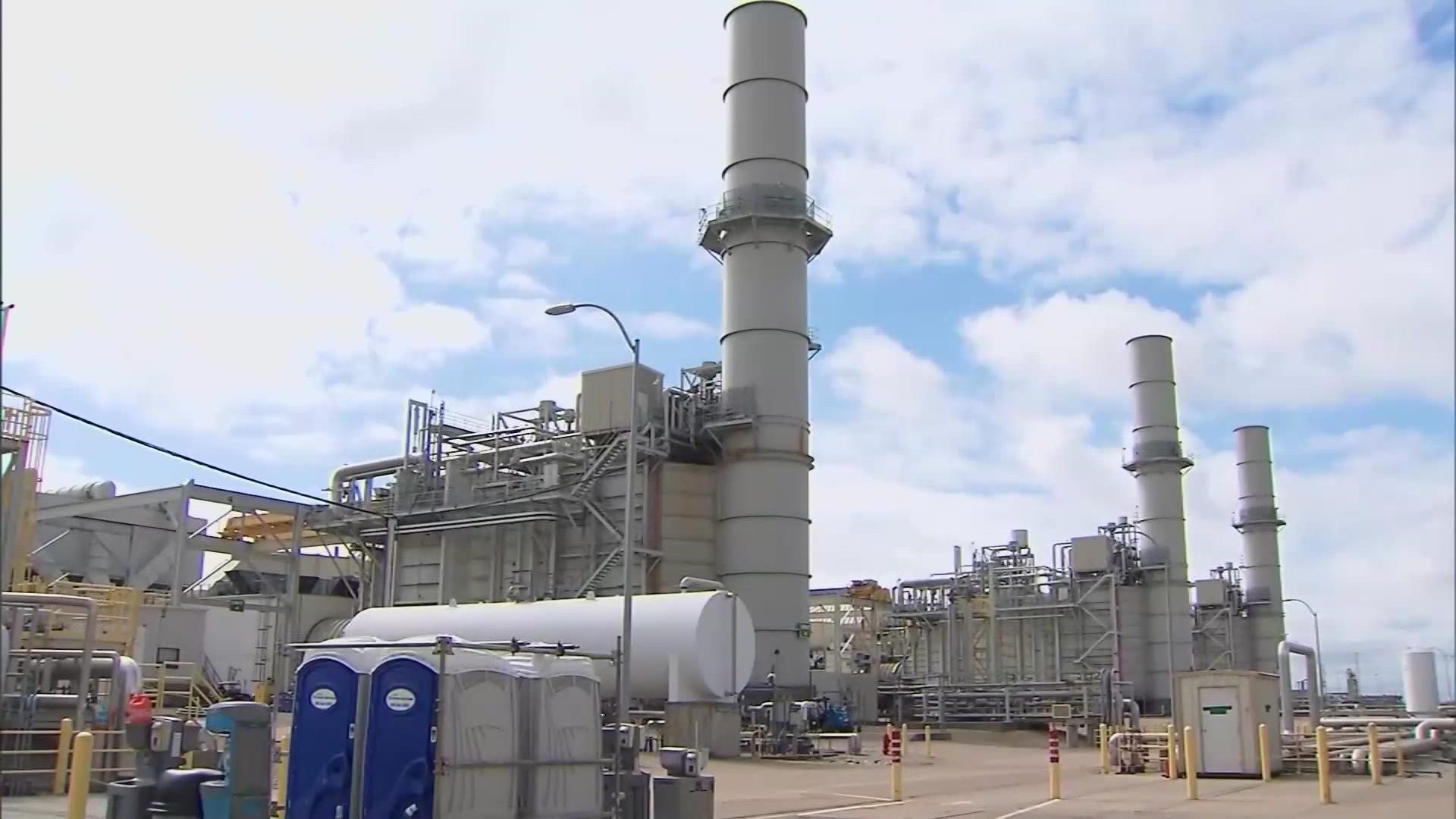SAN ANTONIO — After she saw her June electric bill, Amanda Nunez says she unplugged every large appliance in her home.
"Last month was just astronomical," said Nunez, who usually pays around $140 for power each month.
Her most recent bill cost $350.
"I'm not the only one that's feeling it... it takes away from our families," she said. "That's coming out of my family's mouth."
Many San Antonio residents say they paid more for electricity in June than ever before. For most ratepayers, July bills are due in less than two weeks.
Across Texas, consumers are paying more for power. Experts blame skyrocketing natural gas prices.
"We generate, in Texas, about 45 percent of our electricity using natural gas," said Dr. Emily Beagle, an energy research associate the University of Texas. "When those prices go up, we see the impacts of that on electricity bills."
The Henry Hub natural gas benchmark price is up roughly 136 percent compared to June 2021. That means some Texas power companies, including CPS Energy, are paying about twice as much this year to fuel their generation stations.
Russia's assault on Ukraine is to fault, Beagle says.
"Texas is now starting to export record amounts of natural gas to Europe to help them wean off Russian natural gas," she said.
Higher European demand led to increased natural gas prices in Texas, Beagle said. Local power providers have passed their higher costs on to consumers.
Some European nations experienced an energy crisis soon after their governments limited Russian natural gas imports. The United States was initially shielded from the supply crunch, since it produces vast amounts of natural gas domestically.
Beagle says crude oil prices are more tied to the global market than natural gas prices are. That means electricity prices can soar, even as gasoline prices fall from historic highs.
"It's definitely an unprecedented situation in global energy commodity markets," Beagle said.
Energy demand has also spiked in Texas, as residents endure an historically hot summer. That contributes to higher costs, too, she said.
The state's grid manager also now requires more power producers to regularly generate electricity in case of emergencies. In theory, the move creates excess energy that's easily tapped during an emergency.
"The size of that buffer has increased to make sure we don't see potentially damaging blackouts over the course of the summer," Beagle said. "But then you do have to pay for all those plants that are running."
Beagle noted that Texas's solar and wind farms have prevented electricity prices from soaring to crisis levels already reached in Europe. But she added that it's unlikely natural gas prices will fall until conditions overseas change.

